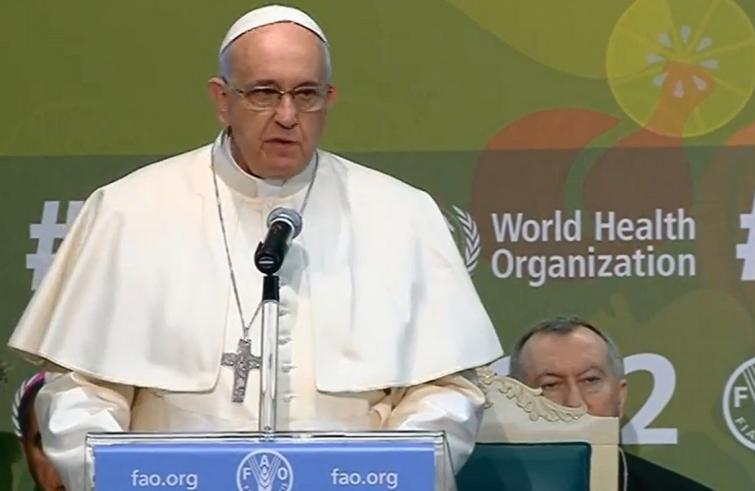In what appears to be an unprecedented move, the Vatican on Thursday, June 18, 2020 issued a set of comprehensive environmental guidelines.

The document is said to be the fruit of a collaboration across all Vatican departments and suggests concrete ways for the Church to implement Pope Francis’ encyclical Laudato Si’, including a call to all Catholic institutions to “avoid supporting companies that harm human or social ecology and environmental ecology (for example, fossil fuels).”
This has been described as the first-ever endorsement of the divestment movement to come from the Vatican, coming on the heels of the largest-ever announcement of divestment by faith institutions when, in May 2020, 42 institutions in 14 countries announced their commitment to drop fossil fuels.
The May declaration is believed to be the largest-ever joint announcement of divestment from fossil fuels from faith institutions. It came from institutions in Argentina, Australia, Bangladesh, Brazil, Colombia, Ecuador, Indonesia, Ireland, Italy, Kenya, Myanmar, Spain, the UK, and the United States.
In response to the announcement by the Vatican, Bill McKibben, author and founder of 350.org, said: “The Vatican’s call for divestment is a breath of hope in times when faith is more needed than ever. It is also one of the handful of great moments in this decade-long campaign. It is a powerful statement that attempting to profit off the destruction of the planet is plainly and simply immoral and unethical.”
Yossi Cadan, Global Finance Campaign Manager at 350.org, said: “Laudato Si already demands that ‘highly polluting fossil fuels need to be progressively replaced without delay’. The announcement today is a strong statement that the Vatican is supporting the call of many institutions, companies, the youth and other groups who already showed that the only way to rebuild our societies and economies is through a Just Recovery that centres people’s needs and not major polluters corporate interests, which led us to the global climate crisis we face now.
“Faith groups continue to lead the way and clearly indicate to the rest of the world that any future investments or stimulus funds must exclude fossil fuels and yield long-term structural emissions reductions. We must urge all sectors of society to use this opportunity to accelerate the transition needed towards low- and zero-carbon.”
